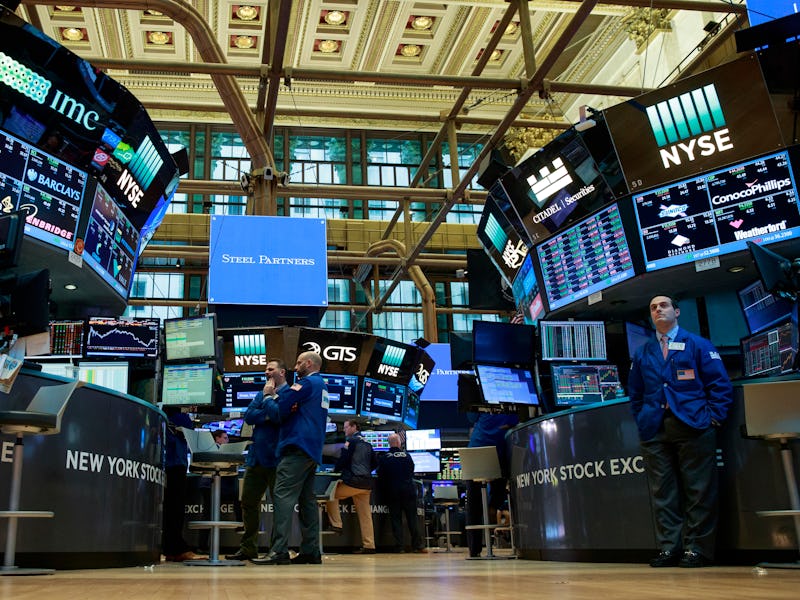BlackRock Inc’s Stock Trading A.I. is About to Replace Humans

A new report on the world’s largest money manager, BlackRock, Inc., has revealed that it will be thinning the ranks of its human stock pickers, and transitioning toward algorithmic solutions. It’s a stark example of algorithms directly taking people’s jobs, and while the move is only tentative for now, it shows that soon even the world’s most lucrative professions will be vulnerable to the oncoming wave of automation.
The move comes in the wake of a troubling year for the conventional, so-called “actively managed” investment management business. In general, investors are starting to question whether having their money managed by a real human being is worth the vastly higher fees — sometimes dozens of times higher than management through the application of simple rules, like following certain market indicators. Faith is waning in both the raw return on investment a human advisor can provide, and the value of being able to talk to a person who is specifically tasked with handling your financial future.
Though there are no real details about the specifics of how these programs work (and, short of a leak, there won’t be any coming), these new products have been available in some form for a while, previously locked away for large investors only. They promise the sorts of gains that only active, risk-taking management can provide, but also promise to use automation to provide those gains at a cost usually reserved for much simpler financial products. For stock pickers, this illustrates one of the downsides of being highly compensated for your work: even if automating your job is hard, it might still be worth it to phase out your huge salary and the higher pricing that arises from it.
We’re likely seeing this pivot toward financial A.I. for much the same reason that fast food restaurants are turning toward self-ordering kiosks: people are finally willing to accept it. Pricing aside, customers have historically always preferred human interaction in a wide variety of businesses. As those customers become more comfortable navigating a new user interface than a banal conversation in the checkout line, that’s becoming less and less true. The effect even extends to crowdsourcing of financial technologies through the blockchain and other software — though without a large institution, it will be a while before these solutions are reliable enough.
This is, obviously, a very early indicator of how advanced A.I. could affect previously very lucrative, white-collar jobs. However, it’s worth considering the effect that highly adaptable A.I could have on any business that could be reduced to numbers. It is objectively more difficult to automate a CFO than it is a production line worker, but if every financial officer replaced makes at least a half-million a year, then it could become worth it to some company, somewhere, to invest in training a neural network to do that particular job.
Traditionally, wages have basically resulted from the interplay between the number of people willing and able to do a job, versus the number openings for that same job in the market. Now, there’s a third factor coming into play: how hard it would be to teach that job to a computer. That’s a totally different sort of market pressure, since computers are very good at things humans find very hard, narrowing the breadth of truly “elite” skills to those both humans and computers find difficult.
In other words, quit your accounting program right away — the fine arts majors are the ones who’ve really got their eyes on the prize.